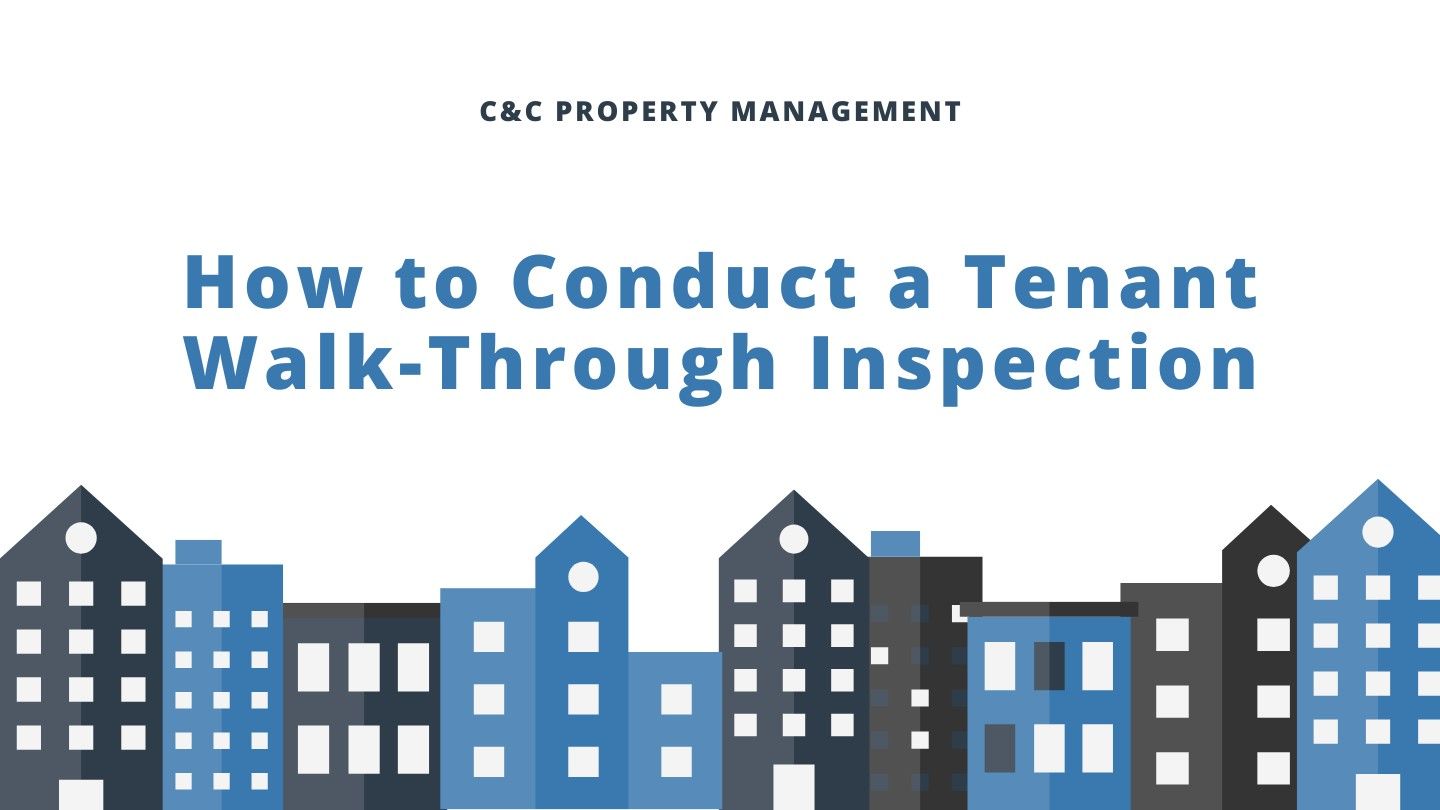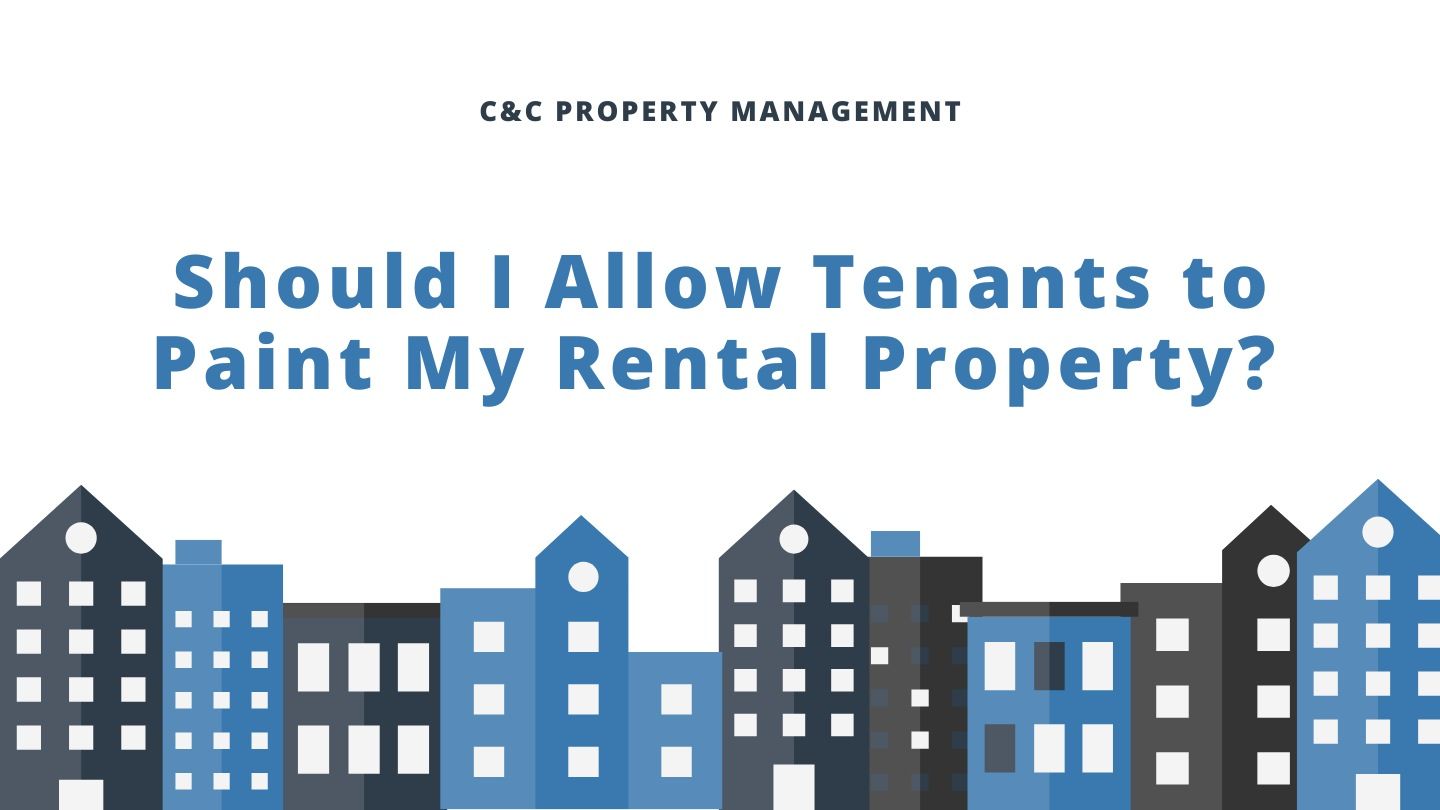IRS 121 Exclusion- against 1031 Exchange
Section 121 and a 1031 Exchange; what are they?
IRS created Section 121 which provides tax savings for individuals who plan or are in the process of selling their primary residence.
When selling your primary residence under section 121, you can receive an exemption of up to $250,000 for a single individual and up to $500,000 for a married couple. The primary qualification, is that you occupied this home as your primary residence for an accumulation of 2 out of the foregoing 5 years.
1031 Exchange
would beneficial for individuals, who plan on exchanging one of their properties for investment purposes. One prime example is converting a primary residence into a rental property ( investment property). The 1031 exchange allows taxpayers to defer the capital gains that generally emerge from a sale of a property that is held for investment and or business purposes, they can reinvest and put the proceeds into a “like-kind” property. This property would be of equal or greater value.
There is a possibility to combine a Section 121 and a 1031 exchange under special circumstances. To see if your property falls under this unique combination please continue below:
- A working farm containing the farmer’s residence—the working farmland falls under Section 1031 and the farmer’s house falls under Section 121.
- A duplex or similar plex with one unit being owner-occupied (Section 121), the balance held as an investment with tenants (Section 1031).
- A residence (Section 121) containing a home office or land that could be partitioned (Section 1031).
1031 Exchange gives you a tax deferral on the payment of capital gains tax, and Section 121 grants you a tax exclusion of $250,000 of gain for single filers and $500,000 of gain for married taxpayers filing jointly
Please reach out to our experts to see if Section 121, 1031 exchange or to see if your special circumstances qualify a combination of the two.








